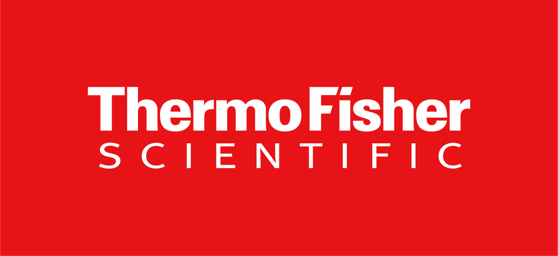Metagenomic insights into bacterial populations associated with RTE products.
Nethemba, R., Mhlongo, M., Koorsen, G., Mafuna, T.*
Department of Biochemistry, University of Johannesburg, Johannesburg, South Africa
Ready-to-eat (RTE) products, characterised by their convenience and widespread consumption, represent a significant component of modern diets. However, their microbial composition and functional potential remain poorly understood. Therefore, it is essential to conduct extensive research on ready-to-eat (RTE) food products to gain a comprehensive understanding of the bacterial diversity and functional potential associated with them. Metagenomics offers the opportunity to compressively characterise the diversity of bacterial communities and their functional insights in various RTE food products. This study employed the shotgun metagenomic approach to characterise the comprehensive profiles of bacterial communities and their functional capabilities in food samples (7 RTE foods, 8 RTE vegetables and 4 RTE fruits) in Gauteng province. The results of high-throughput sequencing and bioinformatics analysis revealed diverse microbial populations with varying abundance and functional capabilities across different RTE food products. Overall, Proteobacteria was the most diverse high-level taxonomic group, followed by Firmicutes and Bacteroidetes, and the most abundant genera were Clostridium, Lactobacillus, and Pseudomonas. Functional annotation uncovered genes involved in metabolism, antibiotic resistance and virulence. Notably, results showed the presence of antimicrobial resistance genes in certain RTE foods, highlighting potential food safety concerns. Thus, this work contributes to ongoing efforts to generate knowledge that assists in addressing the critical knowledge gap, which is imperative in protecting public health and mitigating the risks associated with the consumption of RTE products.
Keywords: ready-to-eat products, bacterial communities, functional potential, metagenomic approach, high-throughput sequencing
